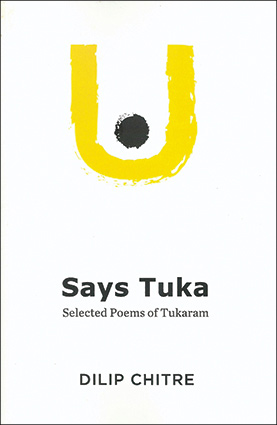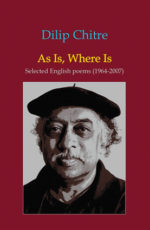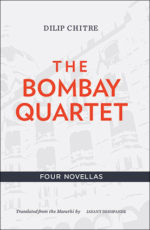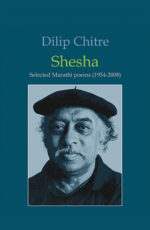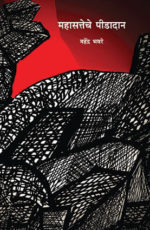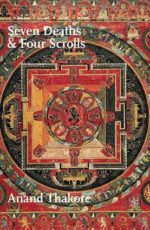| Author | |
|---|---|
| Translated by | |
| Imprint | |
| Publication Year | 2013 |
| Language | English |
| Edition | 3 |
| Binding | |
| Pages | 288 |
Says Tuka-Selected poems of Tukaram
$30
About the Book
Tukaram was born in 1608 and vanished without a trace in 1650. what little we know of his life is a reconstruction from his own autobiographical poems, the contemporary poetess Bahinabai’s memoirs in verse, and the later biographer of Marathi poet-saints, Mahipati’s account. The rest is all folklore, though it cannot be dismissed on those grounds alone. Modern scholars such as the late V. S. Bendre have made arduous efforts to collate evidence from disparate contemporary sources to establish a well-researched biography of Tukaram. But even this is largely conjectural.
Tukaram is therefore not only the last great Bhakti poet in Marathi but he is also the first truly modern Marathi poet in terms of temper and thematic choice, technique and vision. He is certainly the most vital link between medieval and modern Marathi poetry. Tukaram’s stature in Marathi literature is comparable to that of Shakespeare in English or Goethe in German. He could be called the quintessential Marathi poet reflecting the genius of the language as well as its characteristic literary culture. There is no other Marathi writer who has so deeply and widely influenced Marathi literary culture since. Tukaram’s poetry has shaped the Marathi language, as it is spoken by 70 million people today and not just the literary language. Perhaps one should compare his influence with that of the King James version of the Bible upon speakers of the English language. For Tukaram’s poetry is also used by illiterate millions to voice their prayers or to express their love of God.
You may also like…
-
As Is, Where Is
$35About the Book
Lost Images (For Ashay) I am backing home where you died. One year later, to find Changes that mask our surrender To the inevitability of life. I remember my Ambulance Ride With my friend whom you called Daddy. It took me a whole year To under
-
The Bombay Quartet
$16About the Book
Jayant Deshpande was born in India in 1952, but lived abroad for many years before returning to India in 1984. He was educated in India, Africa, and then largely in Canada, where he graduated from Western University and the University of Toronto. His interests include music, photography, literature and translation, science, philosophy as well as essay writing. Since 2002 he contributed to the Mumbai-based quarterly New Quest and was later its assistant editor till 2010. He has published his English translations of selected short fiction in Marathi by Dilip Chitre, Bhau Padhye and Baburao Bagul.

